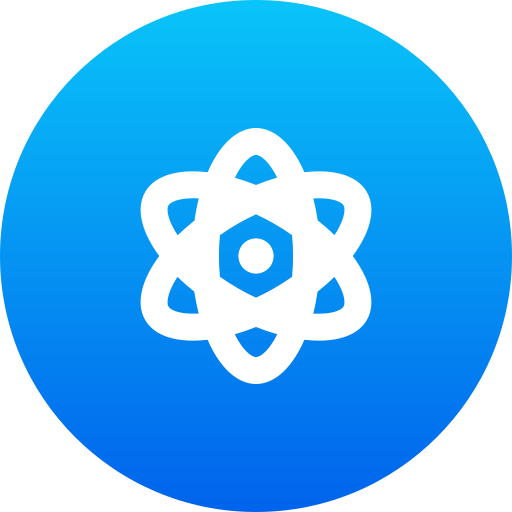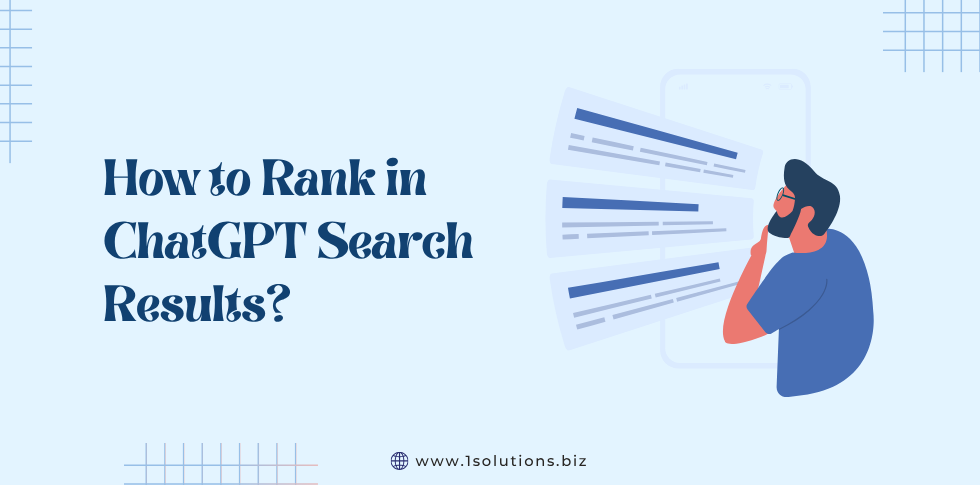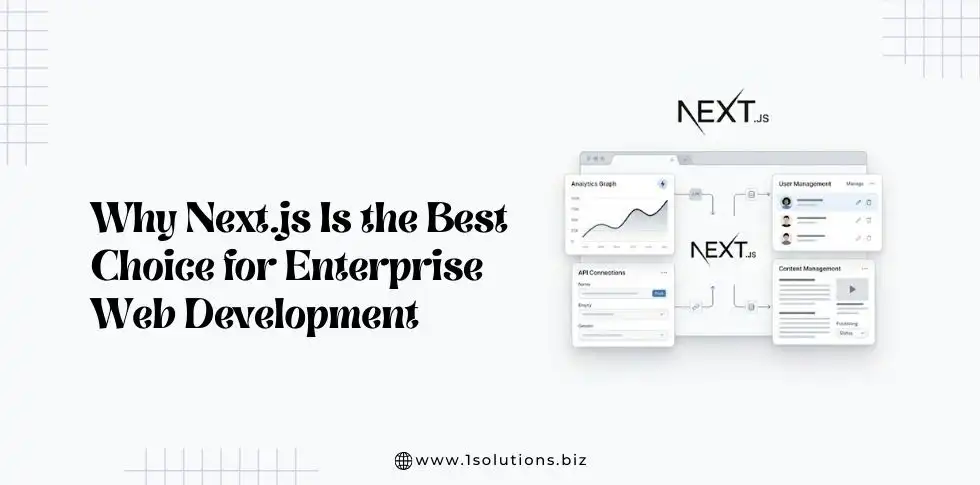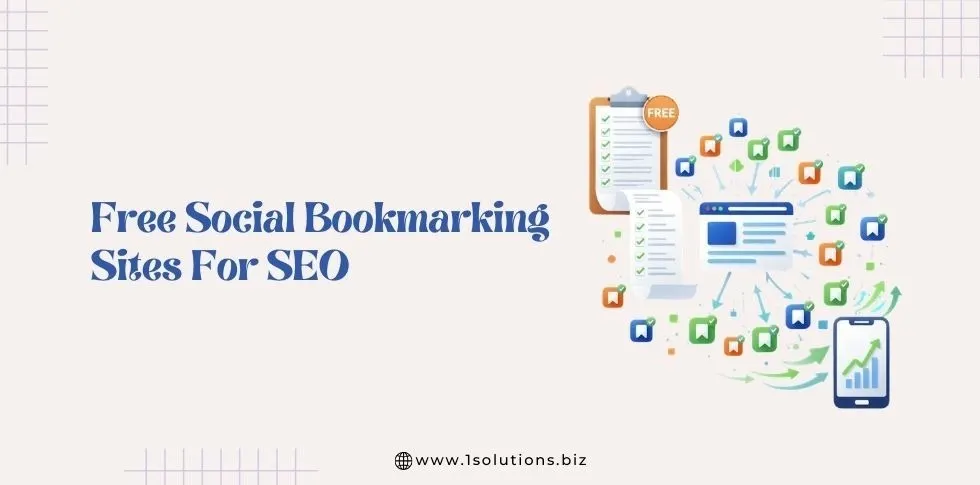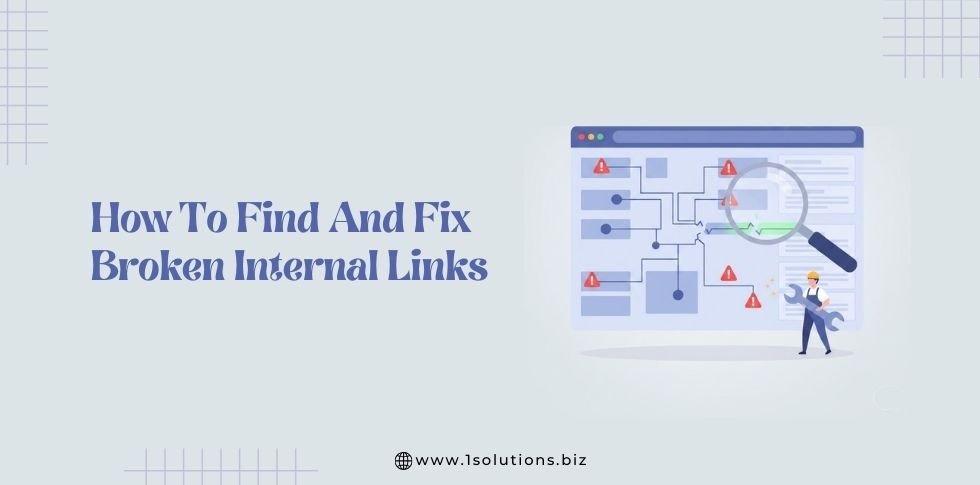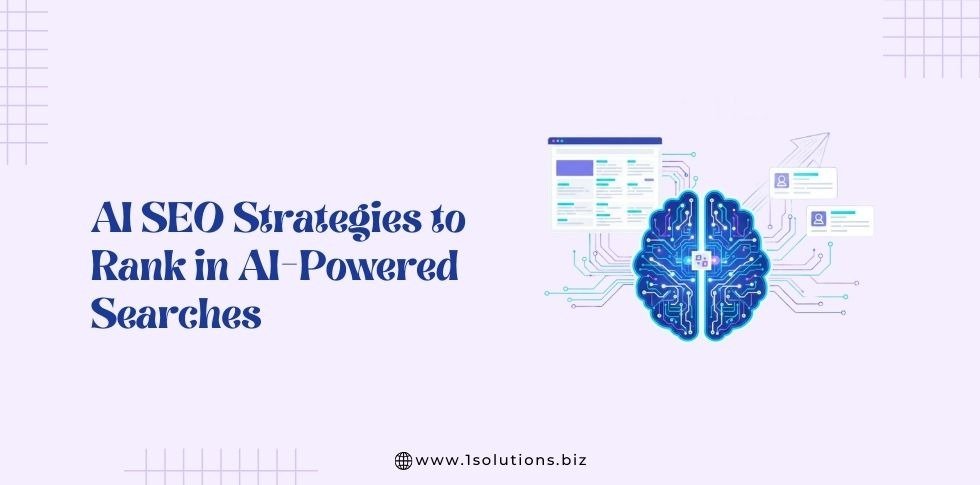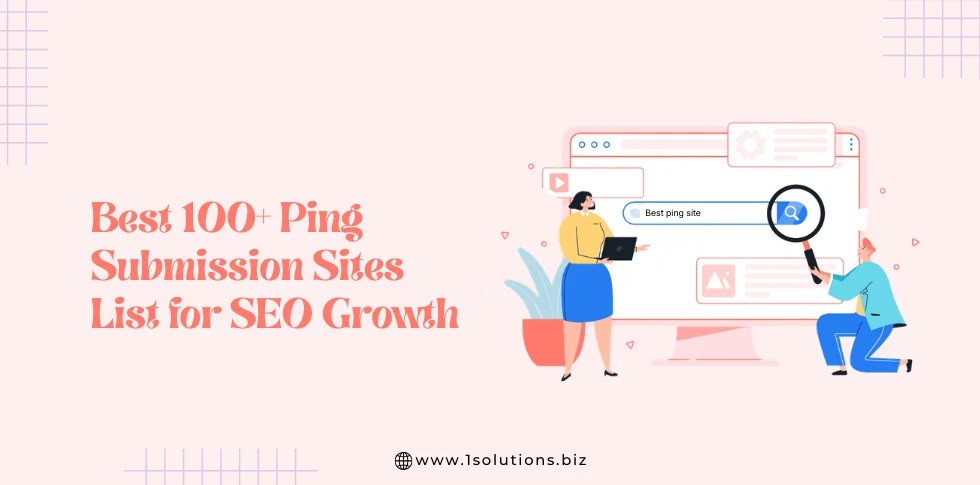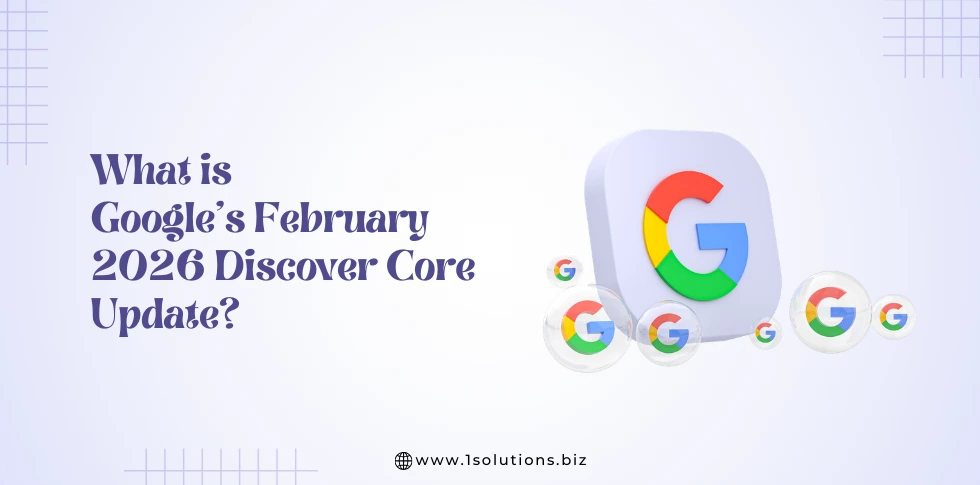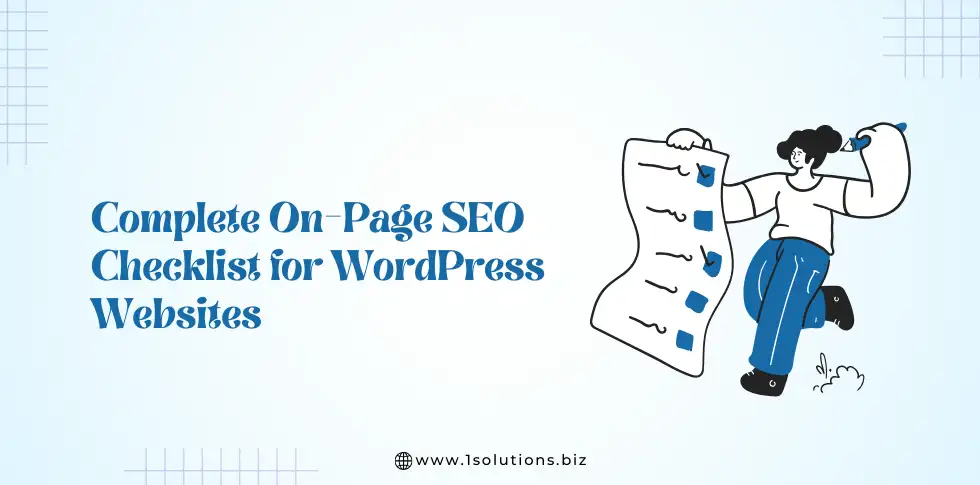In the ever-evolving landscape of digital search, a seismic shift is underway. No longer are users confined to classic search engine results pages (SERPs) alone. Instead, they’re increasingly turning to conversational AI assistants, chief among them ChatGPT, for immediate, context aware answers. These ChatGPT search results distill information from across the web, delivering concise, trustworthy responses in a dialogue format.
For businesses, marketers, and SEO professionals, this presents both a challenge and an opportunity. Traditional SEO focuses on ranking pages in Google, Bing, or DuckDuckGo. But AI search engine optimization demands a new playbook, one that prioritizes semantic clarity, structured data, and direct answers that AI models can readily extract. Ignoring this trend risks losing visibility in a channel that, according to recent industry reports, already drives significant referral traffic to publisher sites.
In this guide, we’ll explain why ranking in ChatGPT is becoming as important as securing a top spot on Google. You’ll discover how ChatGPT indexes and prioritizes content, how it differs from traditional SEO, and practical on-page, technical, and off-page strategies for AI-driven indexing. We’ll also share practical applications for AI search optimization, highlight common mistakes to avoid, and outline best practices for long-term visibility. By following these ChatGPT indexing best practices, you can position your website as an authoritative, AI-friendly resource, keeping your brand visible as more users rely on conversational AI for answers.
Understanding ChatGPT Search Results
Before jumping into strategies, it’s essential to understand what ChatGPT search results are, how they function, and why they are important for modern SEO. Unlike traditional SERPs that display multiple clickable links, ChatGPT delivers concise, AI-generated answers directly in conversation. Recognizing this difference is the first step in optimizing your content effectively.
What Are ChatGPT Search Results?
ChatGPT search results are AI generated summaries and answers produced by large language models. When a user asks a question, such as “How do I optimize my blog for AI search?” or “What’s the best way to rank in ChatGPT?”, the model synthesizes information from its training data and up-to-date knowledge sources, returning a coherent, conversational response. Unlike a traditional SERP, which lists multiple links, ChatGPT may deliver:
- Direct answers in paragraph form
- Bulleted or numbered steps for processes
- Citations or suggestions to authoritative websites
Because AI assistants aim for clarity and relevance, they often extract the most salient points from high-quality, well-structured content.
How ChatGPT Indexes Content
While OpenAI’s precise indexing algorithms are proprietary, we know AI models generally follow these steps:
Crawl & Parse
- Scan web pages for headings (H1–H6), lists, tables, and schema markup
- Identify entities and topics via natural language understanding
Semantic Analysis
- Map related terms and synonyms (e.g., “AI SEO optimization” ↔ “intelligent search tuning”)
- Build topic clusters that capture intent, not just keywords
Authority Scoring
- Evaluate citation frequency, domain trust (HTTPS, uptime, security), and author credentials
- Factor in on-site engagement metrics like dwell time
Freshness & Relevance
- Prioritize recent, updated content for time sensitive queries
- Maintain evergreen sections for foundational topics
Understanding this process helps tailor your content for AI consumption, ensuring ChatGPT “sees” and surfaces your best answers.
Key Differences Between AI Search and Traditional SEO
While there’s overlap, excelling in AI search engine optimization means adapting to ChatGPT’s emphasis on structured, easily parsable content.
Actionable Strategies to Rank in ChatGPT Search ResultsThis refers to practical methods you can apply to improve your chances of appearing in ChatGPT search results. It outlines clear, step-by-step strategies tailored to AI-driven indexing, ensuring your content is structured, optimized, and aligned with ChatGPT’s selection criteria. Craft Clear, Structured, AI-Friendly ContentAI models heavily rely on content structure to identify key information quickly:
Leverage Semantic Keywords & Natural LanguageChatGPT excels at understanding context, so you must:
Tip: Use tools like Google’s NLP API or Clearscope to identify semantically related phrases. This reinforces topic authority and mirrors AI-friendly patterns. Enhance Authority & Trust SignalsAI models assign weight to credibility:
Building these signals tells AI, “This is a trusted, expert resource”, boosting your chances of being cited in conversational answers.
Technical SEO Techniques for AI-Driven IndexingTechnical SEO lays the groundwork for AI search success. Ensuring your website is fast, secure, and well-structured allows ChatGPT to easily parse and index your content. This includes schema markup, site speed, and mobile optimization, which are key elements that help your site perform well in AI-driven search results. Implement Structured Data & Schema MarkupStructured data is a major trust and clarity signal: Article Schema (BlogPosting): {
FAQ Schema (FAQPage):
Optimize Site Speed & AccessibilityAI models factor user experience:
Fast, accessible sites earn trust both from users and AI. Mobile First & Core Web VitalsWith mobile queries surpassing desktop, ensure:
Tools like PageSpeed Insights, Lighthouse, and Search Console’s Core Web Vitals report help you identify and fix issues.
On-Page SEO Adaptations for ChatGPT SearchOn-page SEO adjustments are essential to help ChatGPT identify and feature your content. This involves optimizing titles, descriptions, headers, and content layout to ensure answers are clear, well-structured, and easily extractable for AI-generated search results. Meta Titles, Descriptions & Header Optimization
Direct Answer Placement for Snippets
Depth, Relevance & Freshness
AI models reward depth and up to date insights, especially for evolving topics like AI search engine optimization.
Off-Page SEO & Authority Building for AI SearchOff-page SEO plays a crucial role in how AI models evaluate your site’s credibility. Beyond technical and on-page efforts, building a strong reputation through backlinks, citations, and brand mentions signals to ChatGPT that your content is trustworthy and worth referencing in search results. High Quality Backlink Acquisition
Each backlink from a relevant, authoritative domain amplifies your AI credibility. Brand Mentions & Citations
Social Proof & Engagement
Practical Applications for AI Search OptimizationIndustry Examples – B2B SaaS Knowledge Base Scenario A SaaS company wanted to increase visibility in AI-powered Q&A for its product documentation. Approach
Results (3 months)
Industry Examples – Niche E-Commerce Setup Guides Scenario An electronics retailer aimed to feature in AI answers for product setup queries. Approach
Results (6 months)
Common Mistakes to AvoidEven the most well-planned AI SEO strategies can fail if common errors are overlooked. Understanding these mistakes ensures you can avoid them and maintain your ranking potential in ChatGPT search results. Over Optimizing & Keyword Stuffing
Neglecting Technical SEO Foundations
Failing to Update Content
Best Practices & ChatGPT Indexing Guidelines
By adhering to these AI search engine optimization guidelines, you create content that’s not only Google friendly but also ChatGPT friendly, ensuring dual visibility across channels.
ConclusionEmerging AI search platforms like ChatGPT represent the next frontier in content discovery. Brands that adapt by embracing AI SEO techniques, structured content, semantic richness, robust schema, and authority building will capture high value traffic and cement their leadership. Your next steps are to audit existing content for structure, direct answers, and schema markup. Implement concise summaries at the top of every section for snippet readiness, and schedule quarterly reviews to refresh data, examples, and visuals. |

















